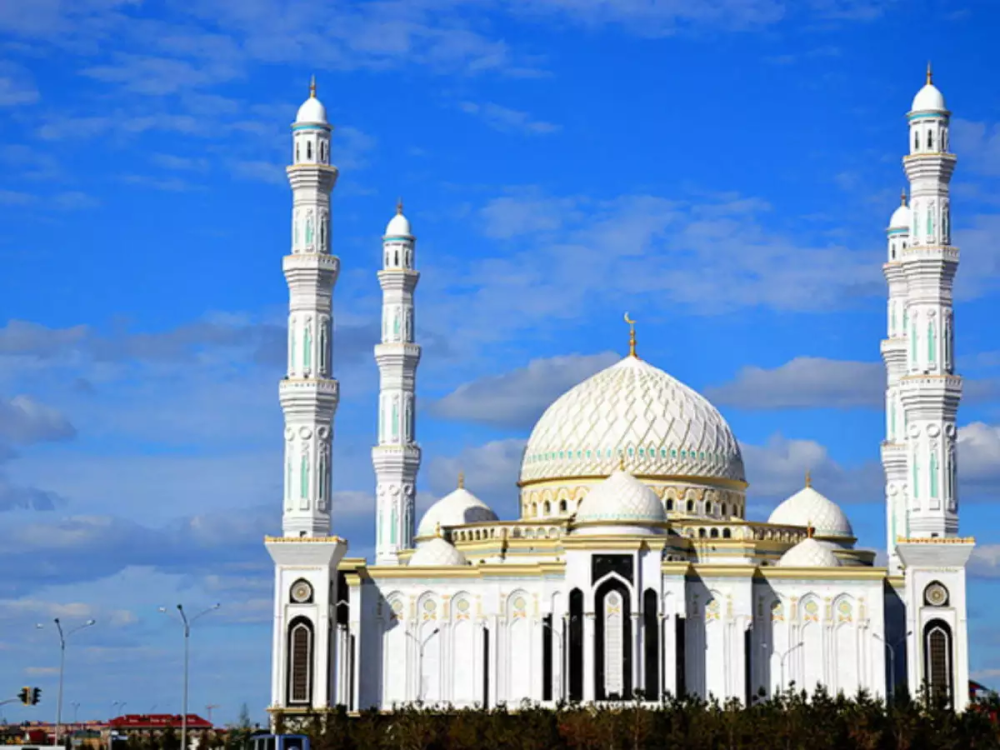

The Hazret Sultan Mosque, one of the largest and most magnificent mosques in Central Asia, is located in the heart of Kazakhstan’s capital city, Nur Sultan (formerly known as Astana). Opened to the public in 2012, this mosque has quickly become a significant landmark and a focal point for tourists from all around the globe.
Tourism in Nur Sultan, centered around landmarks like the Hazret Sultan Mosque, is a relatively new but rapidly developing sector. Following the city's renaming to Astana in 1997 and its designation as the capital of Kazakhstan, the city has seen substantial investments aimed at making it a showcase of modern architecture and a hub for travel.
The construction of the Hazret Sultan Mosque was part of a wider strategy to both inspire national pride and attract tourists interested in architecture, history, and religious studies. Since its inauguration, the mosque has captivated visitors with its classical Islamic architecture, featuring traditional Kazakh ornaments.
With the establishment of modern tourist infrastructure, including a new international airport, hotels, and a network of transportation, Nur Sultan has become increasingly accessible to international tourists.
The city has been actively promoting its landmarks, such as the Hazret Sultan Mosque, through participation in international tourism expos and by hosting a variety of cultural events that draw curiosity and interest from around the world.
In line with global tourism trends, Nur Sultan is focusing on developing sustainable tourism practices and enhancing digital experiences for visitors. Interactive tours and the use of augmented reality are on the rise, providing engaging experiences for tourists at historical sites such as the Hazret Sultan Mosque.
Additionally, there’s an increased emphasis on cultural and experiential travel. Visitors to the mosque and its surroundings can immerse themselves in Kazakh culture through guided tours, traditional cuisine, and local handicraft workshops.
For those planning to visit, the Hazret Sultan Mosque is open to both worshippers and tourists. Visitors should note the dress code and respect local customs, especially during religious services. Multilingual guided tours are often available to enrich the experience, illustrating the mosque's significance and the history behind its intricate designs.
In conclusion, as Nur Sultan continues to develop its tourism offerings, the Hazret Sultan Mosque stands out as a must-visit destination. Its grandeur and historical significance make it a testament to Kazakh national identity and a beacon for global travelers seeking to explore Central Asia’s rich cultural heritage.